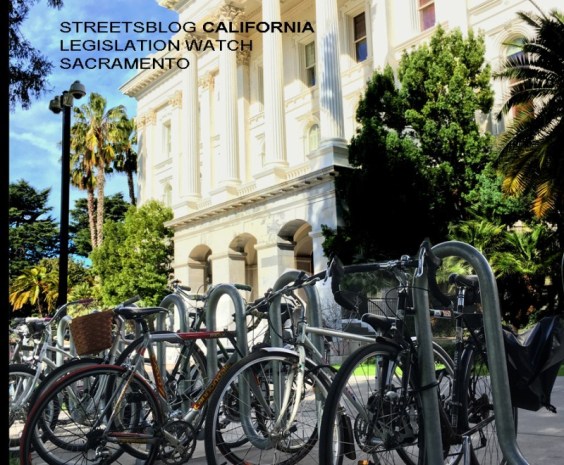The process of expanding the federal government's definition of "affordable housing," a stated goal of the Obama administration's sustainable communities effort, began in earnest yesterday with the introduction of a new index that integrates transportation prices into the cost of living for hundreds of metro areas.
The Housing and Transportation Affordability Index, assembled by the Chicago-based Center for Neighborhood Technology (CNT), offers details on housing and transport bills for prospective residents of more than 300 metro areas.
But the index also aims to give an updated look at the scarcity of affordable housing. Almost seven out of 10 American neighborhoods are considered affordable using the current federal metric -- that housing should cost no more than 30 percent of income. When the CNT added transportation to the mix, however, for a combined metric of 45 percent of income, the number of affordable neighborhoods dropped by 30 percent (see graphic at right).
"By only focusing on" the 30-percent metric, CNT President Scott Bernstein told reporters, the government "has
created an incentive for people to seek out locations where they can meet that goal without taking
into account the almost equal cost of transportation."
The index, he added, "show[s] that as people move further out seeking cheaper and cheaper housing, the costs of
transportation increase."
The new data is also aimed at encouraging the Obama administration to update its measurement of affordability, a goal embraced by the heads of the three agencies participating in the inter-agency sustainability work.
Ron Sims, the deputy secretary of Housing and Urban Development who leads that sustainability office, has said that $10 million of his initial grant funding would go towards expanding the market for location-efficient mortgages that include transportation costs in their estimates of borrowers' income.
Sims, who joined Bernstein yesterday to discuss the CNT report, observed that the number of mortgage defaults during the current housing crisis was exacerbated because homeowners "did not realize they had a transportation cost burden and a mortgage."
The CNT also pinpointed another legislative goal for its index: enacting legislation requiring real estate agents, landlords, and other housing brokers to publicly disclose neighborhood transportation costs when marketing a property. Bernstein told reporters that Rep. Earl Blumenauer (D-OR) would introduce a bill proposing that change in the coming days.
Measuring the combined local burden of transportation and housing costs could influence more than just the mortgage market and government housing policy. Randy Blankenhorn, executive director of the Chicago Metropolitan Agency for Planning, said the CNT index helped planners in his area make difficult decisions on how to use their available funding for new transportation projects -- which totaled just 2.7 percent of this year's revenue. (The remainder of revenue went to maintenance of existing infrastructure, he added.)
Blankenhorn predicted that the CNT index could help urban officials focus on a transportation agenda that's "not just about [fighting] congestion, but about bringing people closer to jobs."






